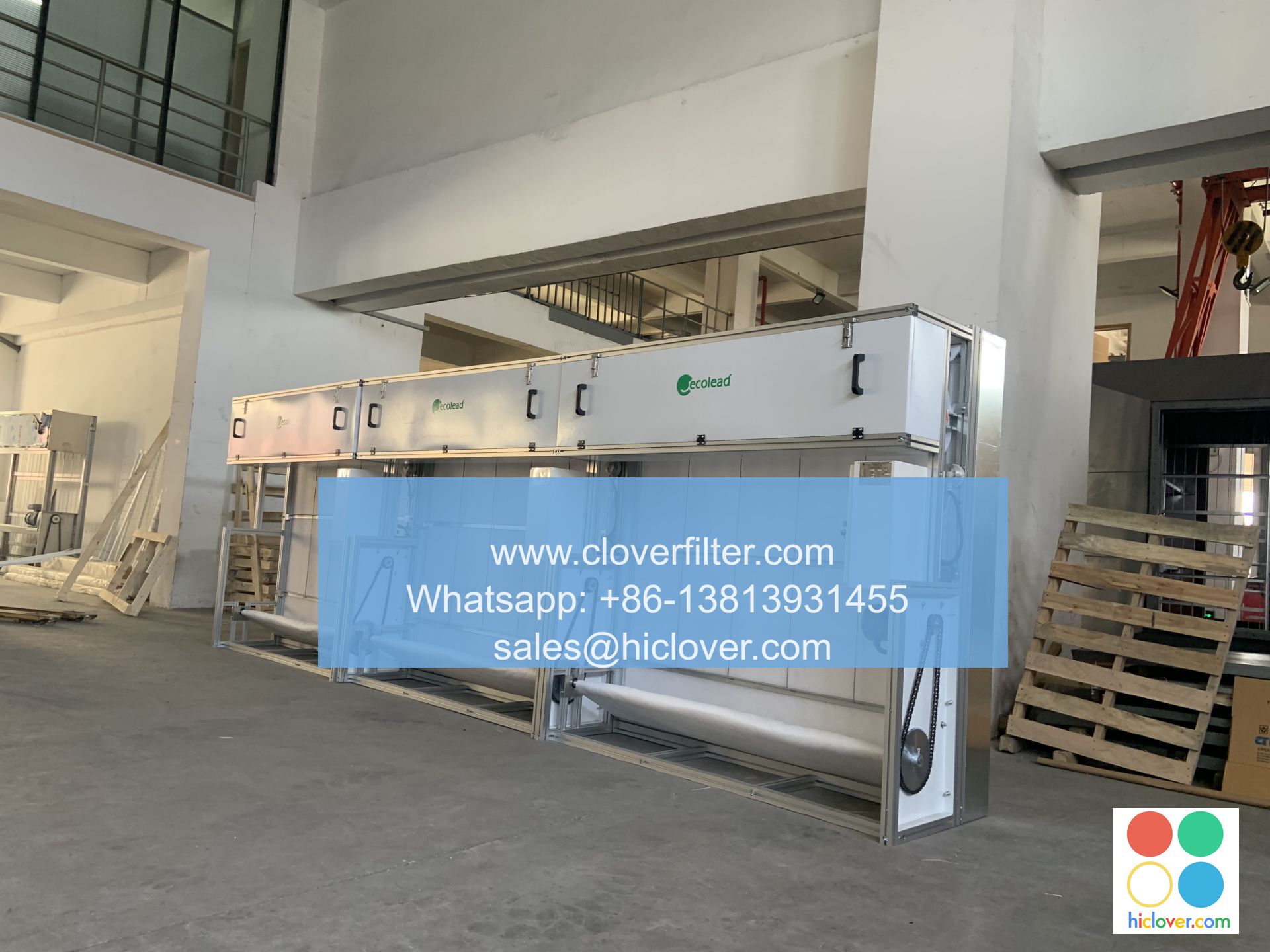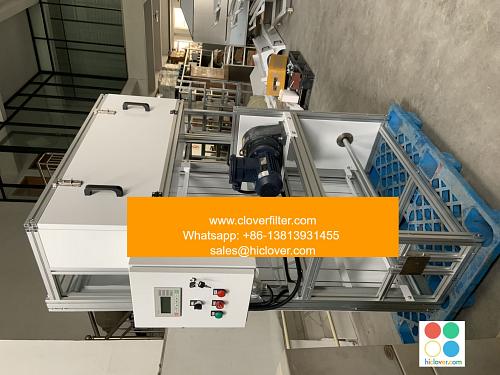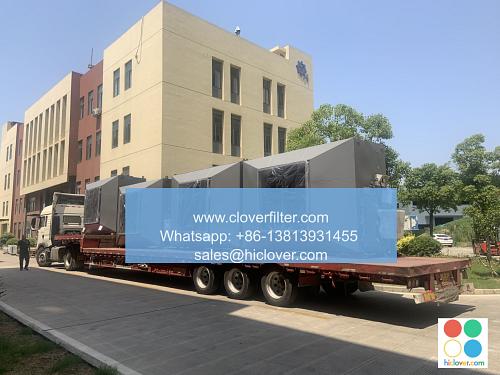A Guide to Air Filter Selection: What You Need to Know

Air filter selection can be a daunting task, especially with the numerous options available in the market. From heating, ventilation, and air conditioning (HVAC) systems to industrial air purification systems, the right air filter can make a significant difference in the indoor air quality (IAQ) and overall performance of the system. In this article, we will provide a comprehensive guide to air filter selection, highlighting various application areas and key considerations.
Understanding Air Filter Types
There are several types of air filters available, each with its unique characteristics and filtration efficiencies. Some of the most common types of air filters include:
- MECHANICAL AIR FILTERS: These filters use a physical barrier to capture particles and contaminants, and are commonly used in residential HVAC systems.
- ACTIVATED CARBON AIR FILTERS: These filters use activated carbon to absorb gases and odors, and are often used in commercial air purification systems.
- ELECTROSTATIC AIR FILTERS: These filters use an electrostatic charge to attract and capture particles, and are commonly used in industrial air purification systems.
- HEPA AIR FILTERS: These filters use a high-efficiency particulate air (HEPA) filter to capture 99.97% of particles as small as 0.3 microns, and are often used in healthcare facilities and cleanrooms.
- FILTRATION EFFICIENCY: The ability of the filter to capture particles and contaminants.
- AIR FLOW RATE: The amount of air that the filter can handle, measured in cubic feet per minute (CFM).
- PRESSURE DROP: The amount of pressure that the filter requires to function, measured in pounds per square inch (PSI).
- MAINTENANCE REQUIREMENTS: The frequency and ease of maintenance required for the filter.
- RESIDENTIAL HVAC SYSTEMS: Air filters are used to improve indoor air quality and reduce allergens and particulates in homes.
- COMMERCIAL AIR PURIFICATION SYSTEMS: Air filters are used to improve indoor air quality and reduce odors and gases in commercial buildings.
- INDUSTRIAL AIR PURIFICATION SYSTEMS: Air filters are used to improve indoor air quality and reduce particulates and gases in industrial settings.
- HEALTHCARE FACILITIES: Air filters are used to improve indoor air quality and reduce infections and contamination in healthcare facilities.
- The Mysterious Box: You find a mysterious box in your attic. What’s inside, and how does it change your life?
- Future World: Describe a day in the life of someone living 100 years from now.
- Time Traveler’s Dilemma: You’ve discovered a time machine. Where do you go first, and what do you do?
- Life’s Most Important Lesson: What’s the most important lesson you’ve learned in life, and how has it impacted you?
- If I Could Go Back: Is there a moment in your past that you wish you could relive or do differently? What would you change?
- Dream Life: Describe your ideal life five years from now. What steps are you taking to make it a reality?
- Superhero Origin Story: You’ve just gained superpowers. How did you get them, and what are you going to do with them?
- Fantasy World: Imagine you’re the ruler of a fantasy world. What does your world look like, and what are its rules?
- Alien Encounter: You’ve been contacted by an alien race. What do they want, and how do you respond?
- The Next Big Innovation: Predict the next revolutionary technology and describe how it will change society.
- Solving a Global Issue: Choose a significant global problem (like climate change, hunger, or disease) and describe a potential solution.
- Space Exploration: You’re part of the first human mission to another planet. Describe your journey and what you discover.
Key Considerations for Air Filter Selection
When selecting an air filter, there are several key considerations to keep in mind. These include:
Application Areas for Air Filters
Air filters are used in a variety of application areas, including:
Conclusion
In conclusion, air filter selection is a critical process that requires careful consideration of various factors, including filtration efficiency, air flow rate, pressure drop, and maintenance requirements. By understanding the different types of air filters and their application areas, individuals can make informed decisions when selecting an air filter for their specific needs. Whether you are looking to improve indoor air quality in your home or reduce particulates in an industrial setting, the right air filter can make a significant difference in the performance and efficacy of your system.
It seems like you’re looking for a prompt but haven’t specified what kind. Here are a few options across different categories. Feel free to pick one that interests you, or let me know if you have something specific in mind:
For Creative Writing
For Personal Reflection
For Fun and Imagination
For Technology and Science
Feel free to modify these prompts or use them as inspiration to explore your interests!


